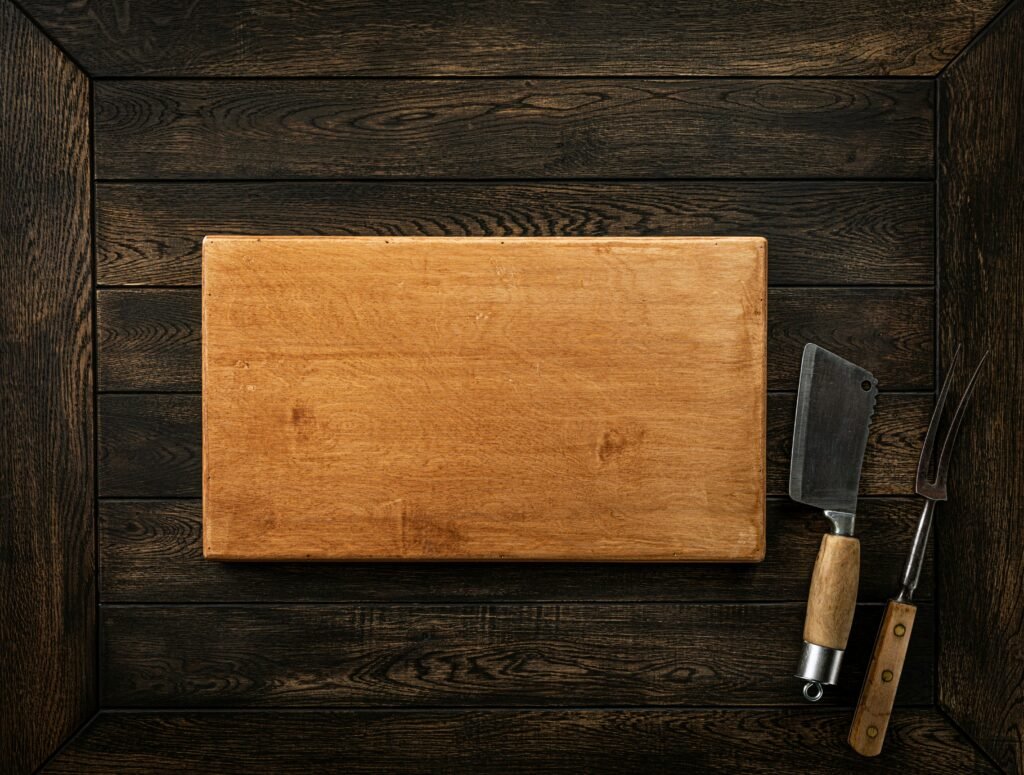Menstrual pain (dysmenorrhea) is a reality that many women face every month. Cramps, lower back discomfort, fatigue and mood swings can seriously interfere with daily routine. Fortunately, there are natural and effective ways to alleviate these discomforts without relying exclusively on medication. Here are 10 practical tips to reduce menstrual pain and feel better during those days.
1. Apply heat to the abdominal area.
A hot water bottle, heating pad or heating patch can relieve menstrual cramps by relaxing the muscles of the uterus. You can also take a hot bath to soothe both physical pain and emotional stress.
2. Do Gentle Exercise
Although you may not always feel like moving, light exercise such as walking, yoga or gentle stretching can release endorphins, the feel-good hormones, and reduce the intensity of cramping.
3. Drink Natural Infusions
Infusions such as chamomile, ginger, cinnamon or fennel have anti-inflammatory and relaxing properties that help reduce menstrual pain and improve digestion during those days.
4. Take care of your diet
During menstruation, avoid ultra-processed foods, very salty or with excess sugar, as they can increase swelling and fluid retention. Opt for a diet rich in fruits, vegetables, whole grains and healthy fats such as avocado or nuts.
5. Taking Anti-inflammatories
Medications such as ibuprofen or naproxen can be very effective in relieving menstrual pain, as they reduce inflammation and the production of prostaglandins, which are responsible for cramps. It is important to use them under medical recommendation and respecting the appropriate doses.
6. Take Natural Supplements
Some studies have shown that supplements such as magnesium, omega-3, vitamin B1 and vitamin E can help relieve menstrual symptoms. Consult with a health care professional before starting any supplementation.
7. Massages with Essential Oils
Gently massaging the abdomen with essential oils such as lavender, sage or peppermint can help relax muscles and reduce pain. Mix a few drops with a carrier oil (such as almond or coconut oil) before applying to the skin.
8. Get Good and Enough Sleep
Adequate rest is key during menstruation. Getting 7 to 9 hours of sleep each night helps the body regenerate and better manage pain and fatigue.
9. Avoid Alcohol and Excessive Caffeine
Alcohol and excess caffeine can worsen menstrual symptoms by causing inflammation and affecting mood. Try to reduce your consumption especially during your period.
10. Consider Getting an IUD (Intrauterine Device)
This is the most effective and most recommended method by gynecologists. Some types of IUDs, especially hormonal ones such as the levonorgestrel IUD, can significantly reduce menstrual pain and bleeding. In addition to being an effective method of birth control, their use can offer long-term relief for women who experience very painful periods. Consult with your gynecologist to assess whether it is a suitable option for you.
Conclusion
You don’t have to resign yourself to suffering every month. With healthy habits, natural remedies and some medical solutions such as the IUD, you can significantly reduce the pain of menstruation and live those days with greater well-being. If the pain is very intense or does not improve with these strategies, it is advisable to consult a doctor, as it could be a problem such as endometriosis or another gynecological condition.
Your cycle should not be a punishment: listen to yourself, take care of yourself and allow yourself to feel good.


